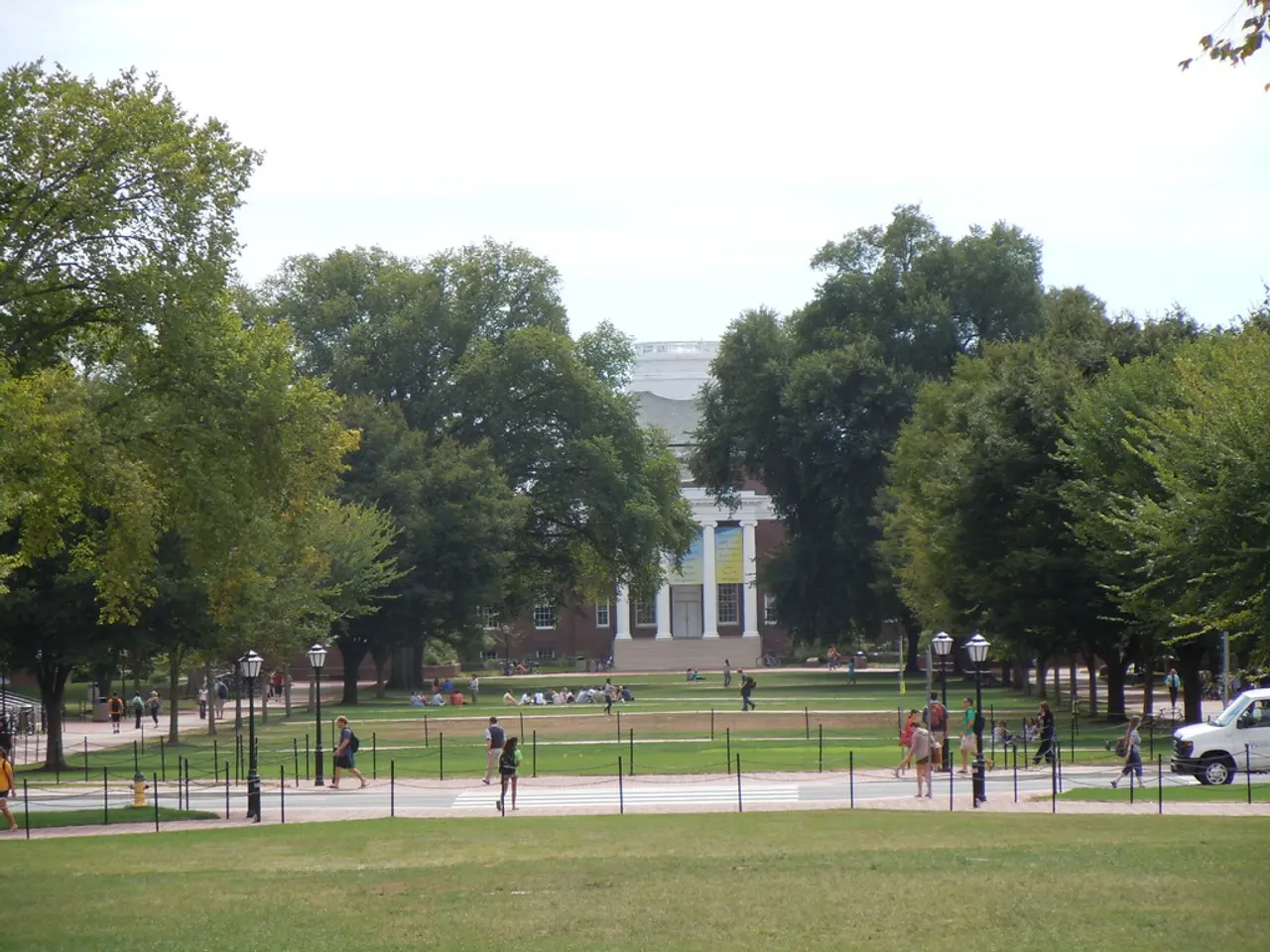Faculty at the University of Virginia have expressed a lack of confidence in their governing board through a formal vote.
The University of Virginia (UVA) Faculty Senate has expressed a vote of no confidence in the university's Board of Visitors, signifying deep concerns about the Board's handling of external interference and the forced resignation of President Jim Ryan. The resolution, passed overwhelmingly with 46 votes in favour, 6 against, and 8 abstentions, highlights the Board's failure to protect UVA and its president from pressure by the U.S. Department of Justice (DOJ) and a lack of consultation with the Faculty Senate during a critical period of crisis.
### Background
Tensions escalated in the spring of 2025 when the DOJ made demands upon UVA, leading to a crisis involving President Ryan. The Faculty Senate was not informed or consulted about any negotiations or demands made by DOJ representatives, a breach of UVA’s principles of shared governance and transparency, as well as the Board's own stated responsibilities. On June 27, 2025, President Ryan announced his resignation, a decision believed to have been forced by external pressures, with the Board’s role in this process lacking clarity and transparency.
Over 400 concerned UVA faculty released a statement demanding a full account of the circumstances and the Board's response, including all communications with the DOJ and other entities related to President Ryan’s resignation. They insist on an independent investigation that includes faculty participation to restore trust.
### Implications
The no-confidence vote signals a severe breach of trust between the Faculty Senate and the Board of Visitors and represents a call for accountability and transparency regarding the Board’s actions and communications. The Faculty Senate demands a complete and immediate report of all efforts and interactions involving the Board and the DOJ, emphasizing the need for openness moving forward in the search for UVA’s next president.
Faculty and other university stakeholders insist that any future presidential search must be conducted openly, with broad representation to safeguard UVA’s academic freedom, institutional governance, and autonomy from political and external pressures. This crisis has broader implications for UVA’s reputation and governance, underscoring the tension between university independence and outside governmental influence, especially as reflected in the Trump administration's pressure leading to President Ryan’s resignation.
### Moving Forward
The Faculty Senate's resolution also calls for the Board to commit to actions such as involving faculty, staff, students, and other key internal constituents in the selection of an interim president. The selection process should occur in an environment of shared governance, free from improper interference by the federal government or other outside actors. The Faculty Senate and the Board of Visitors should work collaboratively to select an interim president for the University of Virginia, with the ideal candidate demonstrating excellence and experience in leading roles like university president, provost, dean, or academic vice-president.
UVA President Jim Ryan, who served as the university's ninth president since 2018, resigned "with a very heavy heart" due to pressure from the federal government. Ryan had been under pressure from the Trump administration to resign due to his leadership on diversity, equity, and inclusion programs. Ryan plans to take a sabbatical leave before returning to the UVA School of Law as a professor. Two members of the UVA Board of Visitors, Rector Rachel Sheridan and Vice Rector Porter Wilkinson, attended the Senate meeting.
Peter McDonough, vice president and general counsel at the American Council on Education, described the government's actions as a potentially ominous effort to control a learning environment it finds objectionable. The no-confidence vote passed on Friday, July 11, with Ryan stepping down from his post on the same day. The vote comes as a significant turning point in the history of UVA, emphasising the importance of shared governance, transparency, and academic freedom in higher education institutions.
- The no-confidence vote against the University of Virginia's (UVA) Board of Visitors is a call for accountability and transparency, particularly regarding their interactions with the Department of Justice and the Trump administration during the crisis involving President Jim Ryan.
- Following the no-confidence vote, university faculty and stakeholders are insisting on an open and inclusive process for selecting UVA's next president, prioritizing academic freedom, institutional governance, and safeguards against political and external pressures.




